
Microsoft’s purchase of Activision Blizzard is still pending regulatory approval, and plenty of drama surrounds it, including some interesting comments from Sony that “COD is a game that people buy consoles for” (despite it being multiplatform for 15+ years). It’s a move that follows other big acquisitions over the last few years, including Zenimax, Bungie, Housemarque, Firesprite, Bluepoint and Insomniac. Sony certainly has reason to be scared, but many industry analysts are mistaken in believing Microsoft made the purchase to compete with Sony and Nintendo. Actually, Microsoft needs Sony and Nintendo in the gaming space. A healthy Sony and a healthy Nintendo are ideal for Xbox.
Microsoft’s willingness to keep things as they are post-acquisition should be evidence enough that there are other motivations afoot. Microsoft is willing to share Activision titles with Sony because they don’t see PlayStation as their biggest future competitor. Sony definitely is beating them in the gaming console space, but all Sony really has at the end of the day is PlayStation. They may make a lot of money from it, but they don’t have bottomless pockets either. Sony relies on PlayStation to make the bulk of its profits, and as big as console gaming is, the best selling consoles still ship only around 100 million units – compared to 8 billion people in the world. In the last couple years, there have been several big contenders entering the ring who want their share of the gaming market and to grow the market beyond the reach of consoles. Of note: Google, Apple, Meta and Amazon (and even Valve is becoming more independent). That’s who Microsoft is worried about.
Gaming for Microsoft is existential to the company as a whole. Their stranglehold on PC gaming is one of the few reasons people buy Windows licenses and hardware running Windows these days. Almost all applications of interest have moved to the cloud and are web-based – and can run on a Chromebook just as easily as a Windows device. And, guess what? People who don’t use Windows are less likely to pay an arm and a leg for Microsoft Office as well.
Linux gaming is taking off. Steam, the largest distributor of games has gone all in on Linux for their own devices. They’ve demonstrated that most of their catalog can run just fine on Linux using Vulkan natively and/or Wine and other open-source compatibility layers. It is only a matter of time before Steam launches their own cloud gaming service – and they certainly won’t be paying Microsoft’s large licensing fees to use Windows instead of Linux. See our article on the cost difference in the cloud of Windows vs. Linux. Stadia of course uses Linux already and Amazon is hiring for the purposes of shifting Luna to run on top of Linux/Wine/Proton.
So, you can begin see how important gaming is to Microsoft as a whole and how much of a threat they feel they are under – and Nintendo and Sony have little to do with it.
Consumers will almost always choose the cheaper option when they have a choice. For these new entrants into the gaming space, the price of entry for the consumer is nearly zero. As long as the user’s internet connection is good, all that is required for someone to start up Stadia is Google Chrome, whether that’s on a Mac, PC, Chromebook, TV dongle, Tablet or Phone. The cost of entry is free, and Google has over a hundred titles with free trials that let a user try out the experience at no cost whatsoever. Potential users don’t even need to enter payment information. Contrast that accessibility with a competing (minimum) $300 Xbox up to many thousands of dollars for a gaming PC + Windows costs. In 5-7 years, even that cheapest model Xbox will need to be upgraded to support new hardware. Stadia never needs to be upgraded on the user side. In addition, Xbox requires their users to pay $60 a year to play with their friends online. Stadia is free.
Under their current model, Microsoft isn’t positioned to compete well with Google’s Stadia, Amazon’s Luna or an independent service from Steam. The Xbox model is meant to compete with traditional platforms like Switch and PlayStation. Under Luna’s subscription “channels” and Google’s “buy once and play anywhere” there is a broad spectrum of pricing tiers, and all of them are cheaper and more accessible than the model Microsoft is currently using with Xbox. It puts Microsoft at a disadvantage, who now has to compete with new innovative entrants like Stadia on their left, while simultaneously losing their hold on PC gaming and competing in the console space with rivals like Sony on their right.
Still, Luna and Stadia do need big AAA games in order to entice gamers to try the new platforms. Amazon and Google both tried building studios from the ground up to build original games. They even released a few. But, they found out that it’s not useful to launch a new IP on a brand new platform. For one, no one recognizes the IP, and there is far too much noise in consumer entertainment to be launching a brand new IP on a brand new platform using state of the art technology that consumers aren’t even familiar with. Stadia especially learned this the hard way. They discovered that it’s better to invest in an established franchise that already has fans. For this reason, Amazon and Google (and potentially even Apple) were likely eyeing big potential acquisitions to bolster their new platforms with well-established and recognizable characters, rather than rely on several years of quiet investment in internal studios on projects that may or may not pay off. That’s why Stadia closed their internal Studios in February 2021.
Imagine for a moment that instead of Microsoft buying Activision, Google does. Under the new ownership, they put every single Activision Blizzard game on Google Stadia, and now all future Diablo, Warcraft and Call of Duty games are exclusive to Stadia. Google may have been open to that idea, and they would have been right to pursue it. That would be enough to make longtime fans try the new platform, and probably stick around to play their favorite franchises. Google has the money to make that kind of purchase. The same is true for Amazon. Imagine if Apple made Call of Duty an App Store exclusive? Whichever company made that purchase would instantly become a formidable force in the gaming space. Microsoft had to act. If they didn’t they would be competing with other big tech companies in the only market that they have exclusive access to from their direct competitors. Apple, Google and Amazon are NOT firmly in the gaming space yet, despite them having tried over the last ten years. However, if any of those three established themselves in the space with a giant acquisition, they would begin a war with Microsoft that would last longer than any rivalry in gaming’s history. Again, Microsoft had to act.
So, Microsoft made the bold move of buying Activision because it is behind the biggest franchises in gaming. Activision is so big that even if Google acquires EA, Ubisoft or Square-enix – Microsoft would remain entrenched in the gaming space by its content. The single best selling game of the last decade is now under the control of an established player and it was the smartest move Microsoft could have made. With Activision in Microsoft’s hands, Call of Duty might stay on PlayStation, but it also may never come to Stadia or Luna or run in a future Linux based Steam cloud gaming service. World of Warcraft might not be what it once was, but it still has millions of fans, and Diablo 3 is generating over 30 million copies sold and Overwatch is selling over 50 million copies. This is all to say nothing of dormant franchises like Guitar Hero, Tony Hawk, Crash Bandicoot and Starcraft. Those games may come to PlayStation, Windows or Mac, but, again, they may never grace the libraries of Microsoft’s new cloud competitors running atop Linux.
Microsoft buying Activision was surely a power play against potential newcomers. What company could now be acquired by big tech that could stand toe-to-toe with an acquisition like that? There are other franchises that have a respectable reputation and tens of millions in sales annually like our beloved sports franchises, Assassin’s Creed, and Far Cry. But as great as those titles are, a talented studio could imitate those franchises in unique ways and release something reasonably competitive. We’ve seen open world games as good as Assassin’s Creed and Far Cry on both console and PC. What shooter is as good as Call of Duty? You could argue Apex or Fortnite, and those games have tens of millions of fans, but those games are also free. Call of Duty boasts both the highest player count while also being a premium-priced game. Nothing else in video games enjoys the numbers of Call of Duty AND the premium pricing. Not even Grand Theft Auto.
Google and Amazon may still make big acquisitions, but it is hard to know how successful such a move would be. If Microsoft can acquire Activision/Blizzard then who else could they buy? Literally anyone… and Microsoft already has established relationships with these studios, giving them a leg up in negotiations. What’s more, would any acquisition from Google or Amazon guarantee their new platforms success? Certainly not. Arguably the strongest purchase would be EA, but that only guarantees exclusivity to sports games, which sell millions of copies, but may not necessarily cause customers to abandon their consoles of choice. All of EA’s other big franchises have floundered in recent years and likely wouldn’t impact consumer choice enough to make a difference. Take-Two is another option, but the main they have is Grand Theft Auto-a game released nearly ten years ago, with a sequel at least 3 years out. Not a wise investment, especially since it would be impossible to pull GTA5 off of competing platforms.
Stadia can and will continue to grow, especially since it still offers a far more competitive value proposition to consumers. But now, Google has to compete with aggressive and clever ideas, features and marketing. Stadia can still leverage great relationships with smaller publishers, independent developers and big live service titles like Valorant or Path of Exile. They’ve done well so far in 2022, and I hope they continue to work hard to find new customers and educate the gaming public. Stadia might not get Call of Duty, but there are plenty of other fantastic shooters that would play great in the cloud.
But make no mistake. Microsoft is buying Activision, not because it’s afraid of Sony, it’s afraid of its big tech rivals as well as Linux in general getting too big of a foothold in the gaming space. They are willing to pay nearly $100 billion dollars on a power play because the threat is not just to Xbox but to Microsoft as a whole.

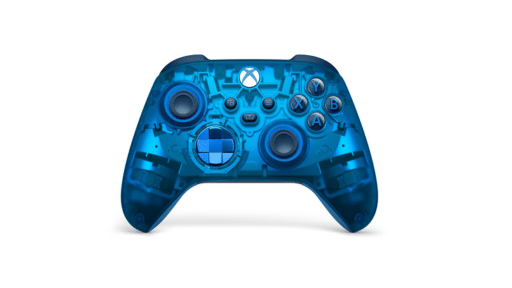
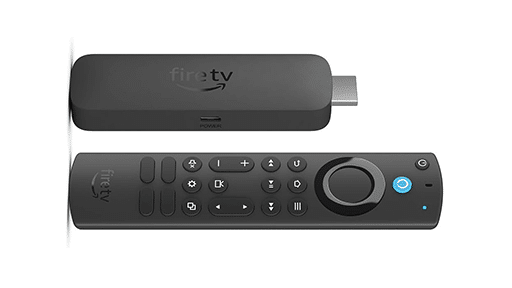
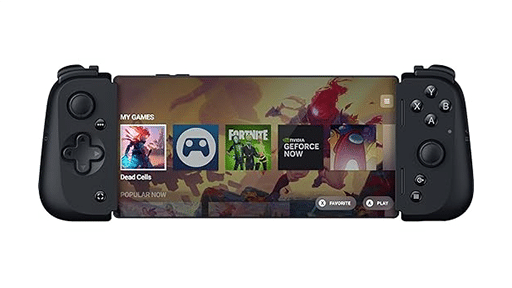
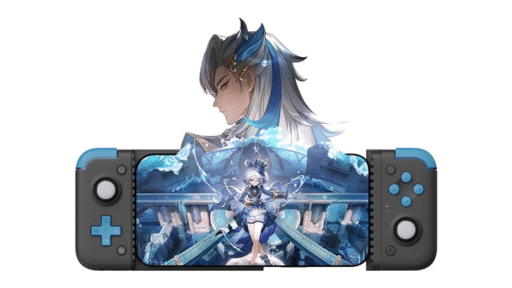
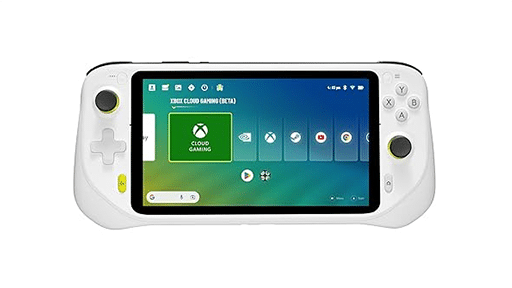
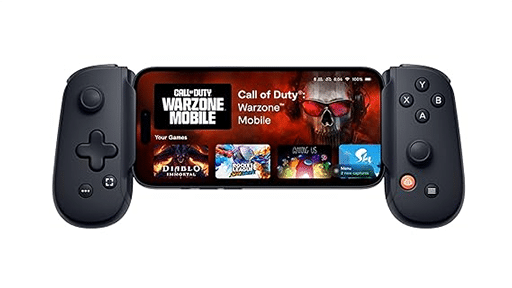
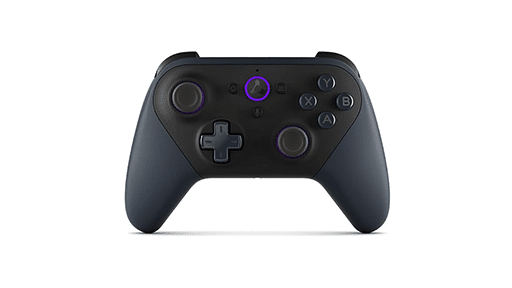
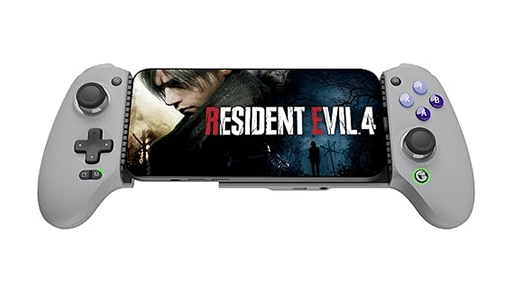

A really good article. It kept me reading all the way to the end. Thought provoking. I like that. ??
Thank you! There’s a lot happening under the surface with all these acquisitions in the gaming world. It’s really starting to feel like a “cold war.” Fascinating stuff!